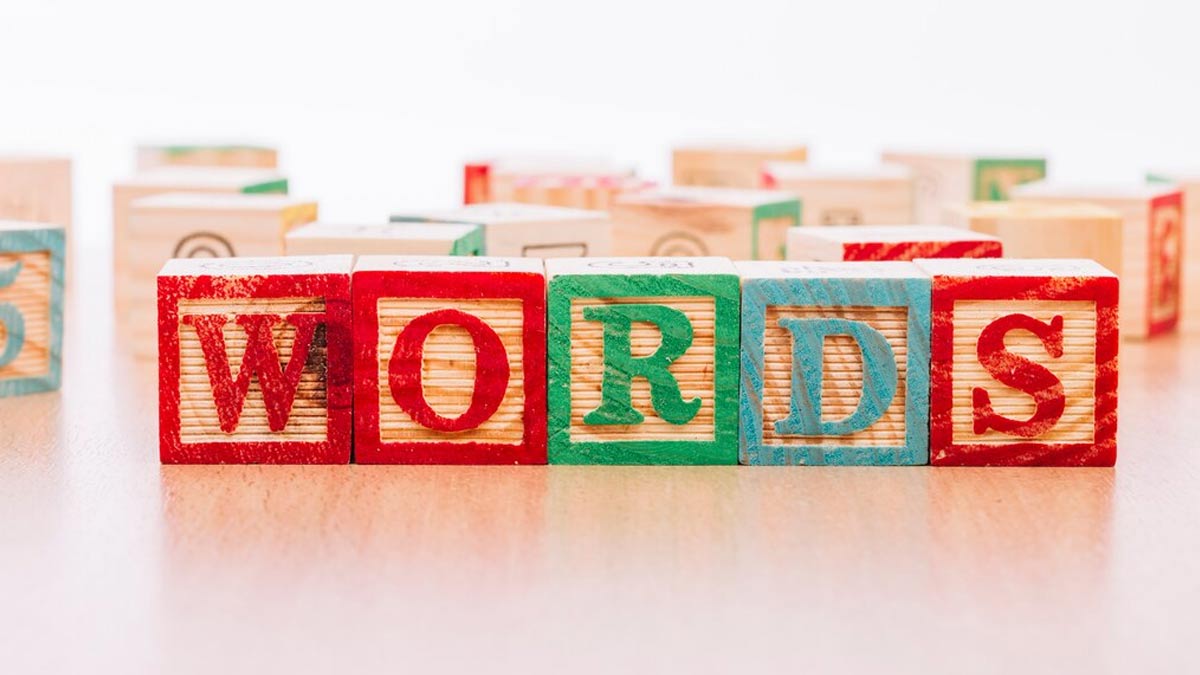
Memory is crucial for our daily functioning, aiding us in recollecting past events and acquiring new knowledge. With ageing, it's common to encounter memory challenges. Other factors like head injuries or health issues, such as dementia can also affect memory. To evaluate memory, the 3 word test, is a simple and rapid bedside test used to assess learning and memory. It involves presenting three unrelated words to the individual and later asking them to recall those words after a short delay. We spoke to our expert Dr Vipul Gupta, Chief – NeuroInterventional Surgery and Co-Chief Stroke Unit, Artemis Hospital, Gurugram, who explained this test, its procedure, and its uses.
Table of Content:-
What Is 3 Word Memory Test

“In medical contexts, the 3 Word Memory Test, also called the 'Three-Word Recall Test' or the 'Three-Word Registration Test', is a commonly used cognitive assessment test for assessing short-term memory performance, especially when determining if a patient has dementia or cognitive impairment”, said Dr Gupta.
According to a 2004 study, three-word recall tasks are commonly used to quickly assess verbal memory abilities. However, understanding performance results can be complex due to differences in test instructions and procedures.
Also Read: Power of Sleep: Experts Explain How Sleep Enhances Memory Consolidation
Test Procedure
Dr Gupta added, “The tester gives the subject three unrelated words to choose from, usually nouns like 'apple', 'table', and 'shoe'. The subject has a little window of time, between one and five minutes to recall these terms. To divert their attention from actively practising the words, the participant may converse with others or work on other projects during this period.”
Assessment
Following the break, the participant is asked to repeat the three words they were previously given. Their ability to recall all three words with accuracy suggests that their short-term memory is unharmed.
If you have trouble remembering all three words, it could be a sign of memory impairment. This could be caused by several different neurological or cognitive disorders.

Diagnostic Importance
“Despite its simplicity, this memory test can be an effective diagnostic and monitoring tool for cognitive impairment or decline since it offers insightful information about a person's short-term memory. It is commonly included in a series of exams that medical professionals use to evaluate cognitive function as a whole”, highlighted Dr Gupta.
Also Read: Glutathione For Alzheimer's: Experts Explain Role Of This Antioxidant In Treating Alzheimer’s
Clinical Applications
This memory test is particularly helpful in a variety of clinical contexts, such as primary care, geriatrics, and neurology, due to its simplicity and briefness. It requires little in the way of training or money and can be administered with ease and speed. Its simple format also makes it appropriate for frequent evaluations to monitor changes in memory function over time.
Beyond Memory Evaluation
“This test is generally used to evaluate short-term memory, but it can also be used to evaluate executive function, attention, and focus, among other cognitive domains”, said Dr Gupta. For instance, the distractor task used between the encoding and recall phases might assess the person's capacity to stay focused and withstand outside distractions.
Early Detection of Neurodegenerative Disorders
Additionally, because of the test's sensitivity to memory problems, it can be used to identify mild cognitive impairment, vascular dementia, Alzheimer's disease, and other neurodegenerative disorders early on in the cognitive decline process.
“Studies have indicated that short-term memory impairments are frequently present in people with these diseases, which makes the 3 word memory test a helpful screening tool for early identification and treatment”, added Dr Gupta.
[Disclaimer: This article contains information provided by an expert and is for informational purposes only. Hence, we advise you to consult your expert if you have any health issues to get the necessary treatment.]
Also watch this video
How we keep this article up to date:
We work with experts and keep a close eye on the latest in health and wellness. Whenever there is a new research or helpful information, we update our articles with accurate and useful advice.
Current Version